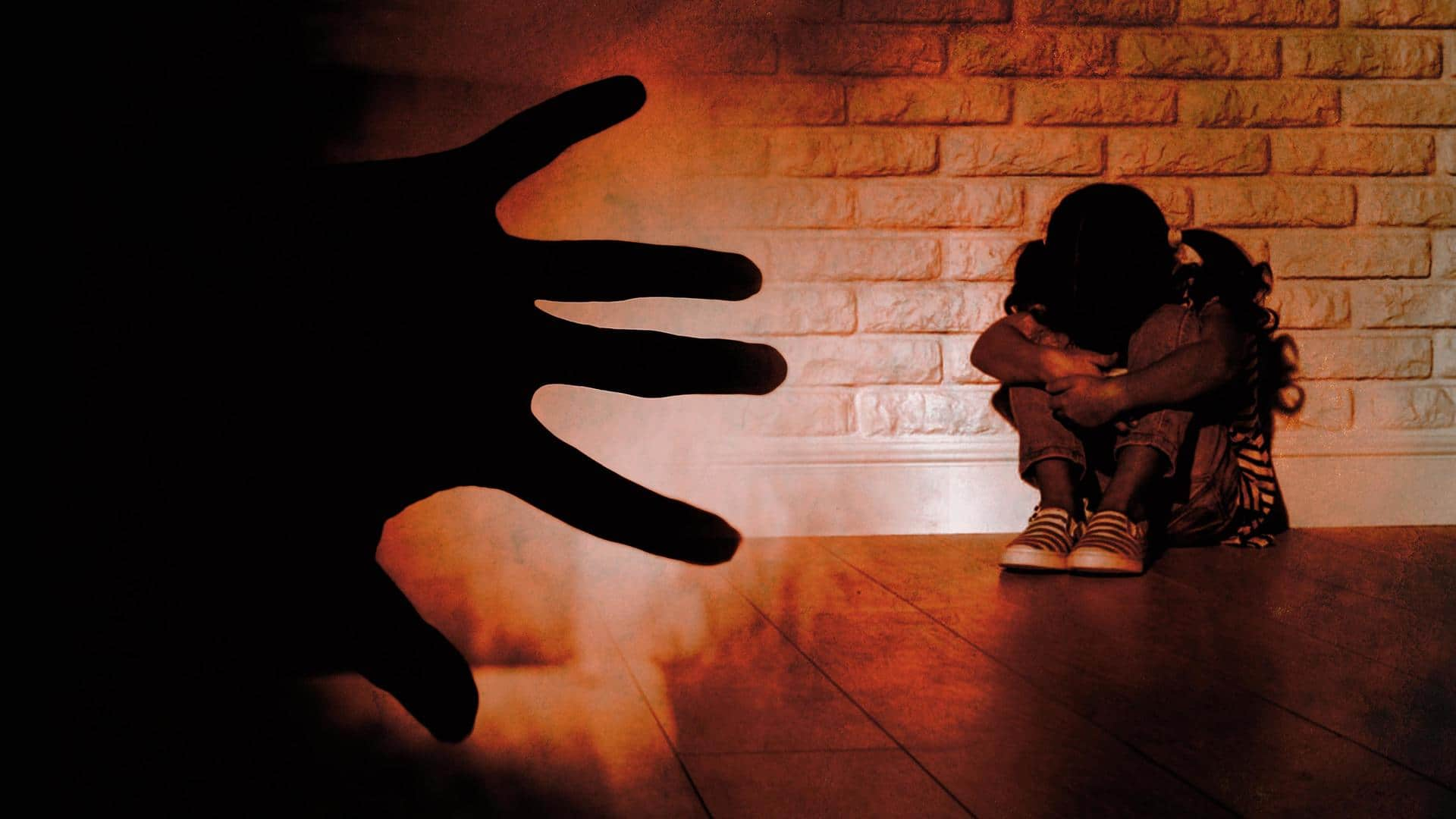
'No means no': Japan redefining rape, making room for consent
What's the story
Japan is considering enacting a new law to modify its "controversial" rape laws by redefining rape to include "non-consensual sexual intercourse," BBC reported. Currently, Japanese law defines "forcible sexual intercourse" as rape, in contrast to many other countries, where rape is defined broadly as any non-consensual intercourse or sexual act—where no means no. Reportedly, only one-third of rape cases in Japan are prosecuted.
Context
Why does this story matter?
Dubbed a "landmark bill," it will be only the second such alteration in Japan in a century. The bill was passed by Japan's Lower House on May 30, and the Upper House must approve it before it becomes law, according to the Japan Times. To prove rape in Japan, victims must produce some type of physical attack, intimidation, or inability to refuse as proof.
Reform
What does the new reform say
The bill currently under discussion in the Upper House of the Japanese parliament covers a number of changes. However, the most significant one is where the definition of rape is changed from "forcible sexual intercourse" to "non-consensual sexual intercourse," per the BBC. This will reportedly make room for "consent" to be in the picture, which is still poorly understood by society.
Details
Age of consent will also be raised to 16 years
Per reports, the reform would also raise the age of consent from 13 to 16 years. Currently, rape is defined in Japanese law as sexual intercourse or indecent actions conducted "forcibly," "through intimidation," or by taking advantage of a person's "unconscious state." This is in contrast to many other countries, which define it as any non-consensual intercourse or sexual act— where "no means no."
Reports
New law has punishment for secretly photographing sexual anatomy
The new law would also establish new crimes to punish acts of secretly photographing or filming a person's sexual anatomy, and sharing them with a third person. Perpetrators in such cases can face a prison sentence of up to three years. However, the person will be punished only if that person is five or more years older than the child of 13-15 years.
Reasons
New legislation result of public outcry and demands
The new legislation is the result of public uproar and activists' demands, who contended that the country's restricted definition makes it difficult for survivors to get justice. Due to the lower age of consent (13 years), minors would be considered adults. Public indignation grew in 2019 after the perpetrators in a string of sexual assault cases were acquitted.